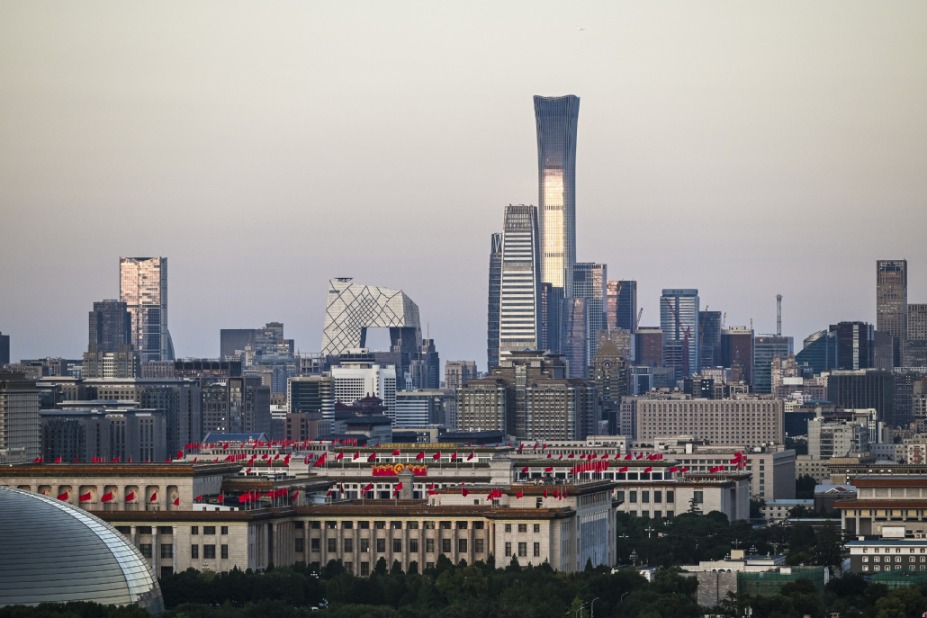More trade-ins support expected


China is set to further elevate policies to promote large-scale equipment upgrades and consumer goods trade-ins in 2025, stimulating the development of industries such as automobiles, ships, machinery and recycling, in a bid to not only offset external uncertainties stemming from geopolitical and trade frictions, but also to continue bolstering domestic demand, experts said on Thursday.
For the trade-ins of consumer goods, the government has preliminarily allocated 81 billion yuan ($11.05 billion) for the first batch of funding in 2025, supporting regions in ensuring the seamless implementation of relevant policies continued from last year, said the Ministry of Finance on Wednesday.
On the same day, the ministry and the National Development and Reform Commission, the country's top economic regulator, jointly issued a notice, expanding the focus areas for equipment upgrades, broadening the scope of support for the replacement of scrapping automobiles, extending the range of consumer goods eligible for trade-ins, and introducing subsidies for the purchase of digital products like smartphones.
Zhao Chenxin, deputy head of the NDRC, said the total amount of ultra-long term treasury bonds allocated to support large-scale equipment upgrades and consumer goods trade-ins in 2025 will be significantly higher than last year, with the specific figures set to be disclosed to the public during this year's two sessions, the annual meetings of China's top legislative and political advisory bodies.
Last year, China issued 1 trillion yuan in ultra-long term treasury bonds, with 300 billion yuan allocated to support large-scale equipment upgrades and consumer goods trade-ins, splitting evenly between the two.
Yu Xiang, CITIC Securities' chief policy research analyst, anticipates that the funding to support large-scale equipment upgrades and consumer goods trade-ins through ultra-long term treasury bonds this year is likely to expand further on last year's basis, leading to an expanded range of subsidy categories for trade-ins. It is expected that the support from ultra-long term treasury bonds for boosting consumption will potentially reach 200-300 billion yuan.
According to China Metallurgical Industry Planning and Research Institute, driving large-scale equipment upgrades and consumer goods trade-ins will further stimulate growth in the machinery, automotive and shipbuilding industries, with the sales volume of new energy vehicles possibly reaching around 15 million units this year. The growth in these industries is expected to further boost demand for upstream materials like steel.
"Government's stepped-up efforts to support large-scale equipment upgrades and consumer goods trade-ins will incentivize more companies to renew their new energy buses and batteries, boosting the volume of recycled batteries. The policy also encourages new energy vehicle manufacturers and battery recycling enterprises to establish standardized recycling service networks, which will help enhance the efficiency and safety of battery recycling," said Charlie Zheng, chief economist at Samoyed Cloud Technology Group Holdings.
Zheng further emphasized that this policy will pioneer pilot projects for the circulation of second-hand goods, advancing the development of online secondhand businesses.




































